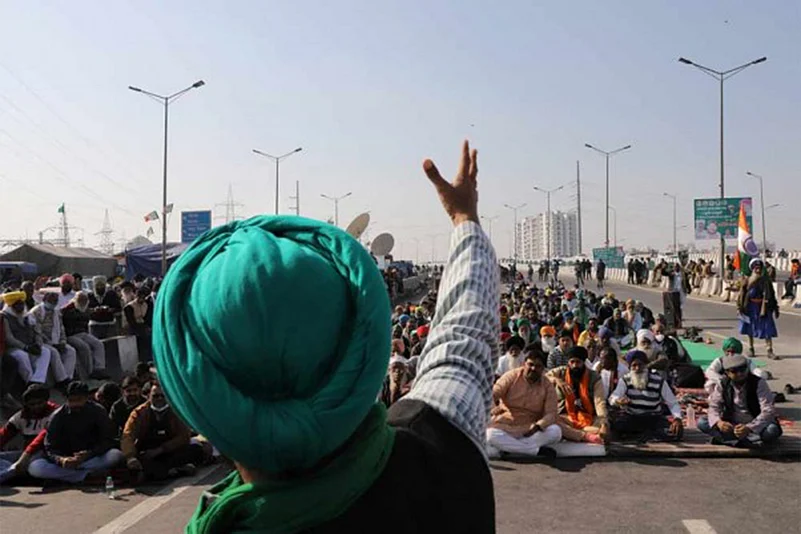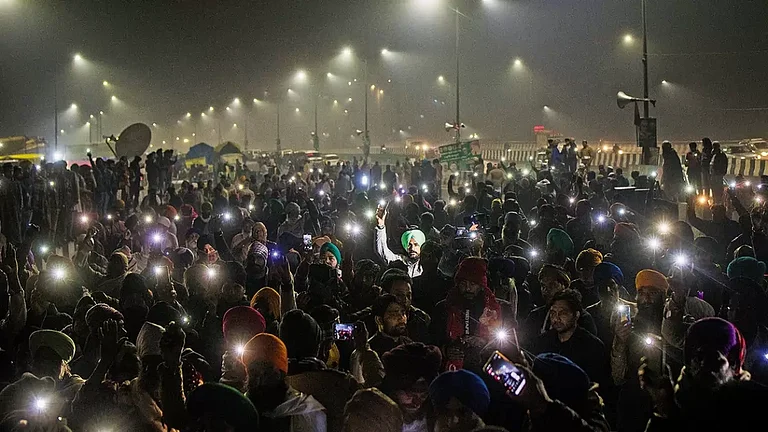Ahead of major protests by farmers in Noida and Greater Noida, the Gautam Buddh Nagar Police announced on Tuesday that restrictions under CrPC Section 144 would be enforced on February 7 and 8.
According to the order, restrictions include a ban on unlawful assemblies of more than five individuals as well as unauthorised processions, including religious and political ones.
In addition to the enforcement of Section 144, police issued a traffic advisory, warning commuters about possible diversions on certain routes in the twin cities due to the farmers' movement on tractors.
The farmer groups have scheduled a 'Kisan Mahapanchayat' for Wednesday and a protest march to Parliament in the national capital on Thursday to press for their demands.
Why Are Farmers Protesting?
The issue dates back to 1985 when the state government acquired land from 23 villages in Dadri to establish the National Thermal Power Corporation (NTPC) power plant. However, the farmers are not satisfied with the compensation they were given by the government.
Farmers in Noida and Greater Noida have been protesting since December 2023, demanding increased compensation and developed plots in exchange for their land acquired by local development authorities.
Key demands of the protestors include the implementation of a 12-year-old agreement by the Greater Noida Industrial Development Authority (GNIDA), which entails compensation equivalent to four times the circle rate of their lands, higher compensation for currently acquired land, employment opportunities for one member from displaced families, improved health and education facilities, and the allocation of land for landless labourers from villages, among others.
Past confrontations between farmers and authorities have turned violent. In August 2008, five people were killed in police firing during a protest outside the GNIDA office over inadequate compensation.
Similarly, in 2011, villages Bhatta and Parsaul witnessed agitation over compensation, resulting in the death of two farmers in police firing following clashes between protesters and law enforcement.



























